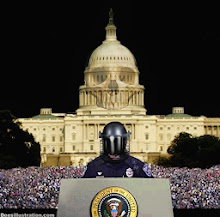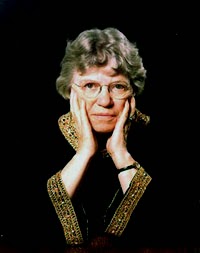A Law By and For the People
Law has always derived its legitimacy from the consent of the people. Over the past two decades, Americans have united en masse to declare themselves living inhabitants of the Continental United States, in full understanding that the land we love fraudulently operates as a British subcorporation under Commercial Law, also known as Maritime Law or the Law of the Sea (Holy See). This happened when the 1783 Treaty of Paris was signed, establishing King George III trustee over American interests on the "High Seas and Navigable Inland Waterways" and thus controlling American International commerce.
America's many faces
Certain Congressional delegates interested in national banking and maintaining commercial relations with Britain raised objections to the Articles of Confederation on the grounds they 1.) did not allow Congress to collect taxes to raise money, 2.) left Congress powerless to regulate interstate commerce, 3.) did not allow Congress to raise an army, and 4.) provided no national court system to interpret laws. They launched a campaign challenging the Articles, but the case for big government was a difficult sell. In what the federalists hoped would be viewed as a compromise, they, through the pen of James Madison, drafted the Bill of Rights and offered them as the heart of a federal constitution. It was accepted and the new United States Constitution was ratified in 1789. So now America had two Constitutions, one for the land of the United States of America, as stated in the opening, "The stile of this confederacy shall be 'The UNITED STATES of AMERICA' ," and one operating under International, Maritime-Admiralty Law for commerce styled "UNITED STATES". See Cornell Law Dictionary, section 15: "UNITED STATES" means (A) a Federal corporation (B) an agency, department, commission, board, or other entity of the United States; or (C) an instrumentality of the United States." (link, scroll to bottom of page). We have been subject to the law of the sea, unbeknownst to us, as 'citizens' of the UNITED STATES. Now that we know, it's time to live the law we inherited: the People's law, the Law of the Land.







































No comments:
Post a Comment